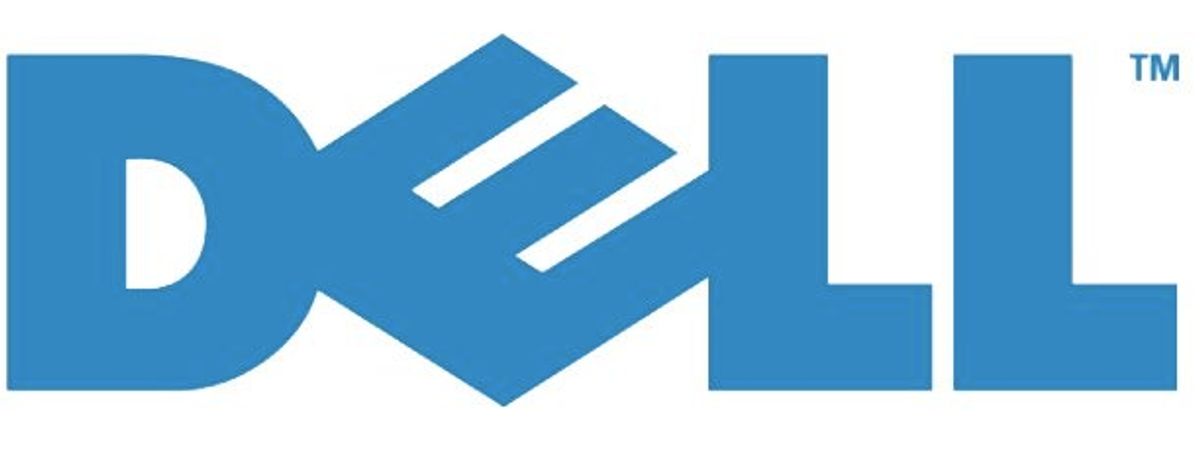According to Ashlee Vance at the New York Timesdocuments from a lawsuit against Dell reveal just how bad a problem it was having between 2003 and 2005 with its main desktop business computer line the OptiPlex. And it appears Dell tried to cover it up.
As we reported in early 2003, PC makers including IBM had motherboards using faulty capacitors traced to Taiwan. According to my notes, in late 2002, Dell spokesperson Jess Blackburn told me that Dell did not suffer from this problem:
“I’ve talked to people in both our procurement and development organizations, and here’s what I’ve found out… They tell me that they were alerted to this potential problem out there and looked into [it], several weeks ago, conducted a fairly intensive investigations. Looked at all of the boards as well as the PSUs and found that none of our boards has been affected. Apparently we don’t receive capacitors from any of the suppliers that were affected by it. We haven’t had any customer impact as a result of this. We checked it out and didn’t discover that we source any of our capacitors from the companies that were reporting this problem, and to this date haven’t found anything contrary to that.”
Maybe Dell’s computers weren’t failing in late 2002. But according to the New York Times story, Dell shipped more than 11 million potentially faulty computers between May 2003 and July 2005. And surely they should have been on the watch for crummy capacitors in time to fix the problem.
After the trade magazine Passive Components Industry Magazine broke the story in late 2002, our Taiwan correspondent Yu-Tzu Chiu and I spent a month trying to figure out the source of the capacitors and the extent of the threat to computers. (Special thanks to our former news editor Bill Sweet as well.)
What we found was a case of industrial espionage gone bad. Here’s a note to any would-be secret formula stealers: take the whole formula, not just part of it. The formula in question was for the electrolyte in aluminum electrolytic capacitors with a low equivalent series resistance. These are high-capacitance components that generally serve to smooth out the power supply to chips.
According our source, a scientist stole the formula for an electrolyte from his employer in Japan and began using it himself at the Chinese branch of a Taiwanese electrolyte manufacturer. He or his colleagues then sold the formula to an electrolyte maker in Taiwan, which began producing it for Taiwanese and possibly other capacitor firms. Unfortunately, the formula as sold was incomplete. It lacked certain additives that prevent hydrogen gas from building up and bursting the capacitor.
At the time, few PC and motherboard makers were willing to admit to the problem, even though their products were showing up at repair shops such as Gary Headlee’s and Carey Holzman’s. Headlee and Holzman, did a brisk business replacing capacitors on fried motherboards. But when Headlee posted a list of the types of boards he’d worked on he immediately got cease-and-desist letters demanding their removal.
Dell, according to the Times, must have bought a lot of bad capacitors in order to churn out two years worth of potentially bad machines. In dodging responsibility, the Times story says, Dell often blamed the user. Saying that computers sold to a university math department failed because they had been made to do math too taxing for the computers. Even the law firm that defended Dell, Alston & Byrd had a hard time getting the company to replace them, according to Vance’s reporting. And, too often, the replacement motherboards customers did get, had the same set of weak capacitors.
There’s still a crud-covered motherboard on my shelf here at Spectrum that Carey Holzman sent me back in 2003. It reminds me that in an age of tight global supply chains, even the titanic and trusted can be felled by the small and sinister. It would be refreshing, for a change, if the titanic and trusted showed the integrity we imagine them to have and dealt with their problems directly.
Samuel K. Moore is the senior editor at IEEE Spectrum in charge of semiconductors coverage. An IEEE member, he has a bachelor's degree in biomedical engineering from Brown University and a master's degree in journalism from New York University.



